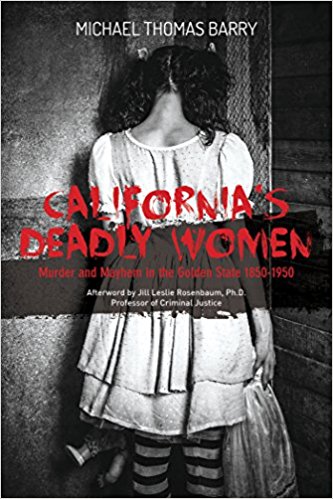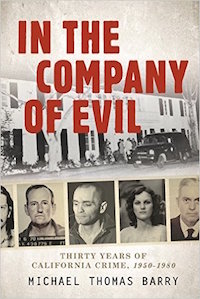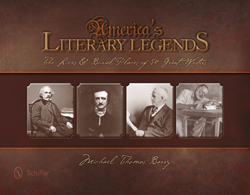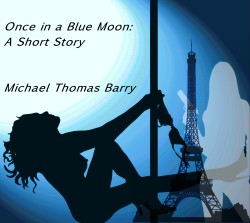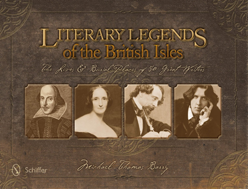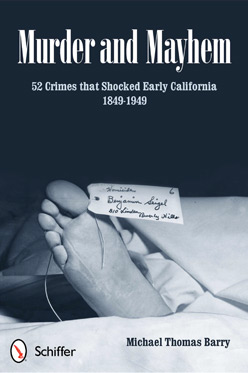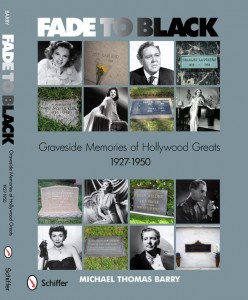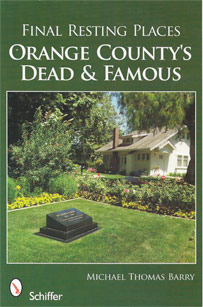09.25
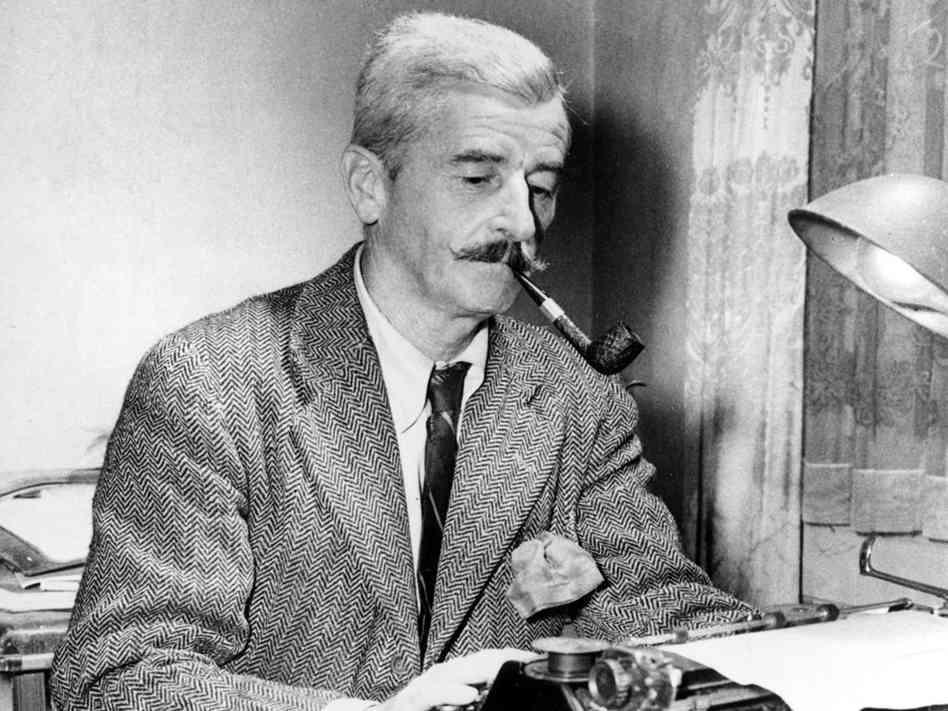
On this date in American literary history – September 25, 1897, William Faulkner was born near Oxford, Mississippi. Faulkner’s father was the business manager of the University of Mississippi, and his mother was a literary woman who encouraged Faulkner and his three brothers to read. Faulkner was a good student but lost interest in studies during high school. He dropped out sophomore year and took a series of odd jobs while writing poetry.
In 1918, his high school girlfriend, Estelle Oldham, married another man, and Faulkner left Mississippi. He joined the British Royal Flying Corps, but World War I ended before he finished his training in Canada, and he returned to Mississippi. A neighbor funded the publication of his first book of poems, The Marble Faun (1924). His first novel, Soldiers’ Pay, was published two years later.
In 1929, Faulkner married Estelle, his high school sweetheart, who had divorced her first husband after having two children. The couple a home near Oxford and began restoring it while Faulkner finished The Sound and the Fury, published in October 1929. Other novels to follow included As I Lay Dying (1930), Light in August (1932) and Absalom, Absalom (1936). Faulkner’s writing did not earn him enough money to support his family, so he supplemented his income selling short stories to magazines and working as a Hollywood screenwriter. He wrote two critically acclaimed films, both starring Humphrey Bogart: To Have and Have Not was based on an Ernest Hemingway novel, and The Big Sleep was based on a mystery by Raymond Chandler. Faulkner’s reputation received a significant boost with the publication of The Portable Faulkner (1946). Three years later, in 1949, he won the Nobel Prize in literature. His Collected Stories (1950) won the National Book Award. For the remainder of his life, he lectured frequently on university campuses. He died of a heart attack at age 65 on July 6, 1962.
Michael Thomas Barry is the author of numerous books that includes the soon to be released America’s Literary Legends: The Lives and Burial Places of 50 Great Writers.

